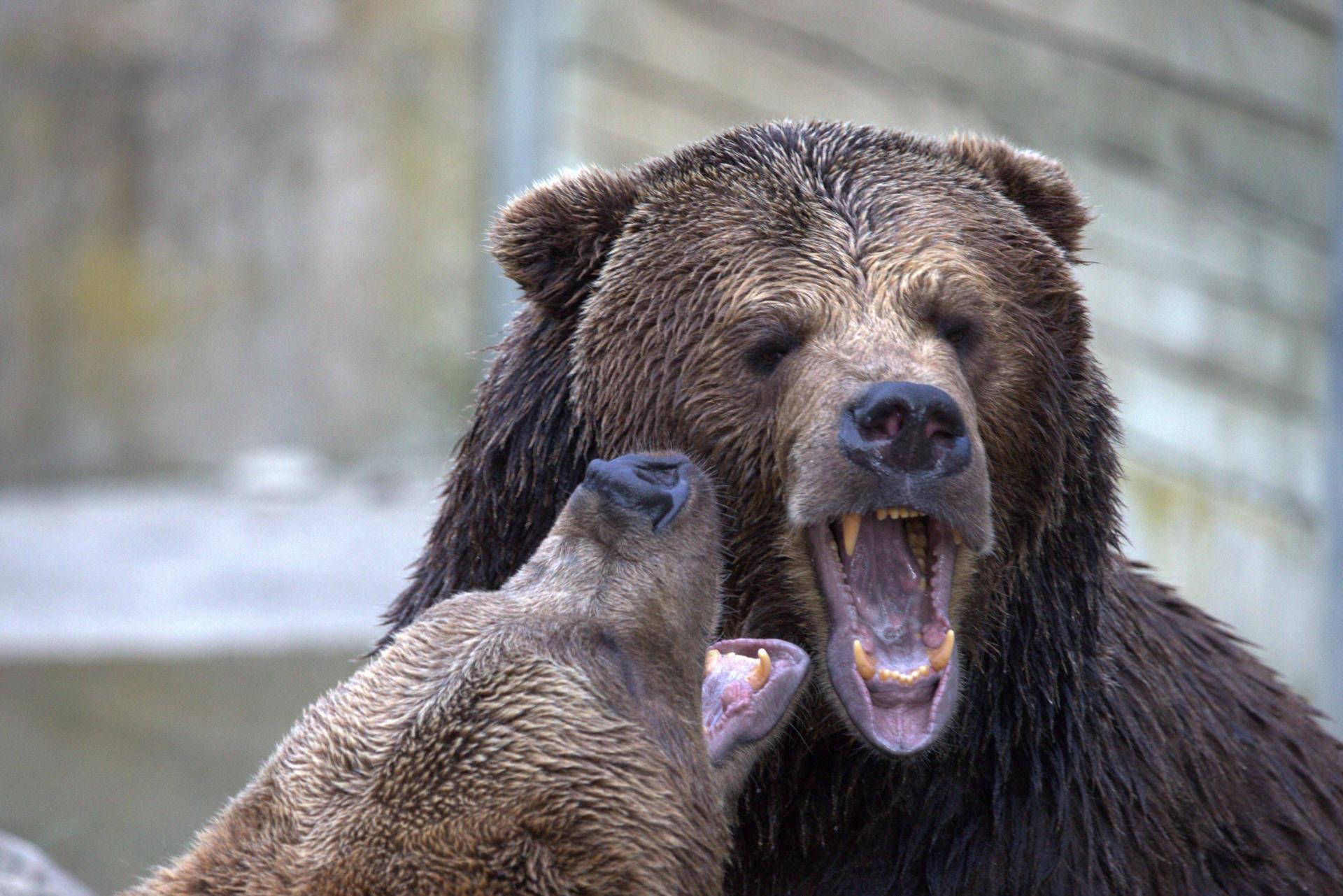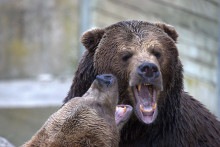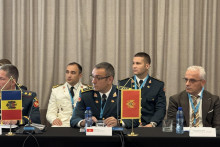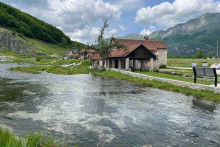Montenegro is facing a growing problem with an overpopulation of bears that pose a threat to people and livestock. Experts and hunting associations warn of possible tragic consequences and call for urgent measures to control the population, including the culling of problematic individuals. Bears are a permanently protected species, complicating interventions, but the number of attacks on people and damage to households is increasing. Regional examples show that culling problematic bears has reduced attacks. A state decision and preventive teams are needed to address the problem before more serious incidents occur.
Political Perspectives:
Left: Left-leaning sources tend to emphasize the importance of wildlife protection and the ecological role of bears, advocating for non-lethal measures such as better coexistence strategies, education, and habitat management. They may express concern about the impact of culling on biodiversity and stress the need for sustainable solutions that protect both humans and animals.
Center: Center-leaning sources present a balanced view acknowledging the risks posed by the increasing bear population to human safety and agriculture, while recognizing the bears’ protected status. They highlight the need for pragmatic solutions, including regulated culling of problematic bears, preventive measures, and cooperation between authorities, hunters, and local communities to manage the population responsibly.
Right: Right-leaning sources focus on the immediate threat to human life, livestock, and property caused by the overpopulation of bears. They strongly support the lifting of hunting bans and the culling of problematic individuals as necessary measures to protect rural communities and economic interests. They often criticize bureaucratic or environmentalist obstacles that delay decisive action and emphasize law and order in wildlife management.































